U.S. Marine Corps Lieutenant Colonel Gregory “Pappy” Boyington shot down 28 Japanese aircraft during World War II. He spent 20 months in an enemy prison camp and received both the Medal of Honor and the Navy Cross for his service to his country.
Boyington, who died January 11, 1988, and is buried in Arlington National Cemetery, is best
remembered as the leader of the famed Black Sheep Squadron, which flew Vought F4U Corsair fighters in the Solomon Islands during the war. Although the television series which was loosely based on the squadron’s exploits employed a great deal of artistic license, Boyington was a colorful character. His womanizing and struggles with alcoholism are also well documented.
Recently, the student senate at the University of Washington rejected a proposal to honor Boyington with a memorial, as it has honored others who have attended the university over the years. This decision appears to be part of a disturbing trend, which also includes the vocal opposition of some San Francisco residents to bringing the battleship USS Iowa to the port and establishing it as a museum and memorial because the vessel was a instrument of war.
According to WorldNetDaily.com, the rejection of a memorial to Boyington by the student senate was based on sentiments such as that of senator Jill Edwards, who stated that she “didn’t believe a member of the Marine Corps was an example of the sort of person UW wanted to produce.” A second senator, Ashley Miller, commented, “…many monuments at UW already commemorate rich white men.”
While Boyington was no choirboy, it should be remembered that he was in fact part Sioux Indian and that his family was far from wealthy. The comment about the Marine Corps, however, appears troublesome beyond belief. Boyington would not have been memorialized for leading a perfect, or even near-perfect life. He was to be honored for his devotion to duty during a time when his nation was in peril. During World War II and other times of national emergency, the Marine Corps has defended the United States and the American way of life. Miss Edwards’ remark is an affront to anyone who has ever worn a U.S. military uniform, to their families, and to those who respect the armed forces for their commitment to guarding freedom.
Brent Ludeman, president of the university’s College Republicans, wrote in an e-mail to WorldNetDaily.com that the rejection of a Boyington memorial “reflects poorly on the university. Pappy Boyington went beyond the call of duty to serve and protect this country — he simply deserves better. Just last year, the university erected a memorial to diversity. Why can’t we do the same for Pappy Boyington and others who have defended our country?”
Respect and appreciation for the members of the U.S. armed forces are not issues for partisan politics. Boyington would probably readily admit that he was far from a role model in many ways. He was, however, a man who responded to his country’s call in a time of emergency.
The resolution which was defeated reads, “Be it resolved… [that] we consider Col. Gregory Boyington, United States Marine Corps, to be a prime example of the excellence that this university represents and strives to impart upon its students, and, that we desire for a memorial for Col. Boyington to be commenced by the University of Washington by 11 January 2008, the twentieth anniversary of his death, which will be publicly displayed, so that all who come here in future years will know that the University of Washington produced one of this country’s bravest men, and that we as a community hold this fact in high esteem.”
In circumstances such as these, one must openly question exactly what is being taught to young adults at the University of Washington and on other campuses across the country. The grand irony, of course, is the heroism of men like Boyington protected and defended the right of his detractors to assert their point of view more than half a century later.
Michael E. Haskew
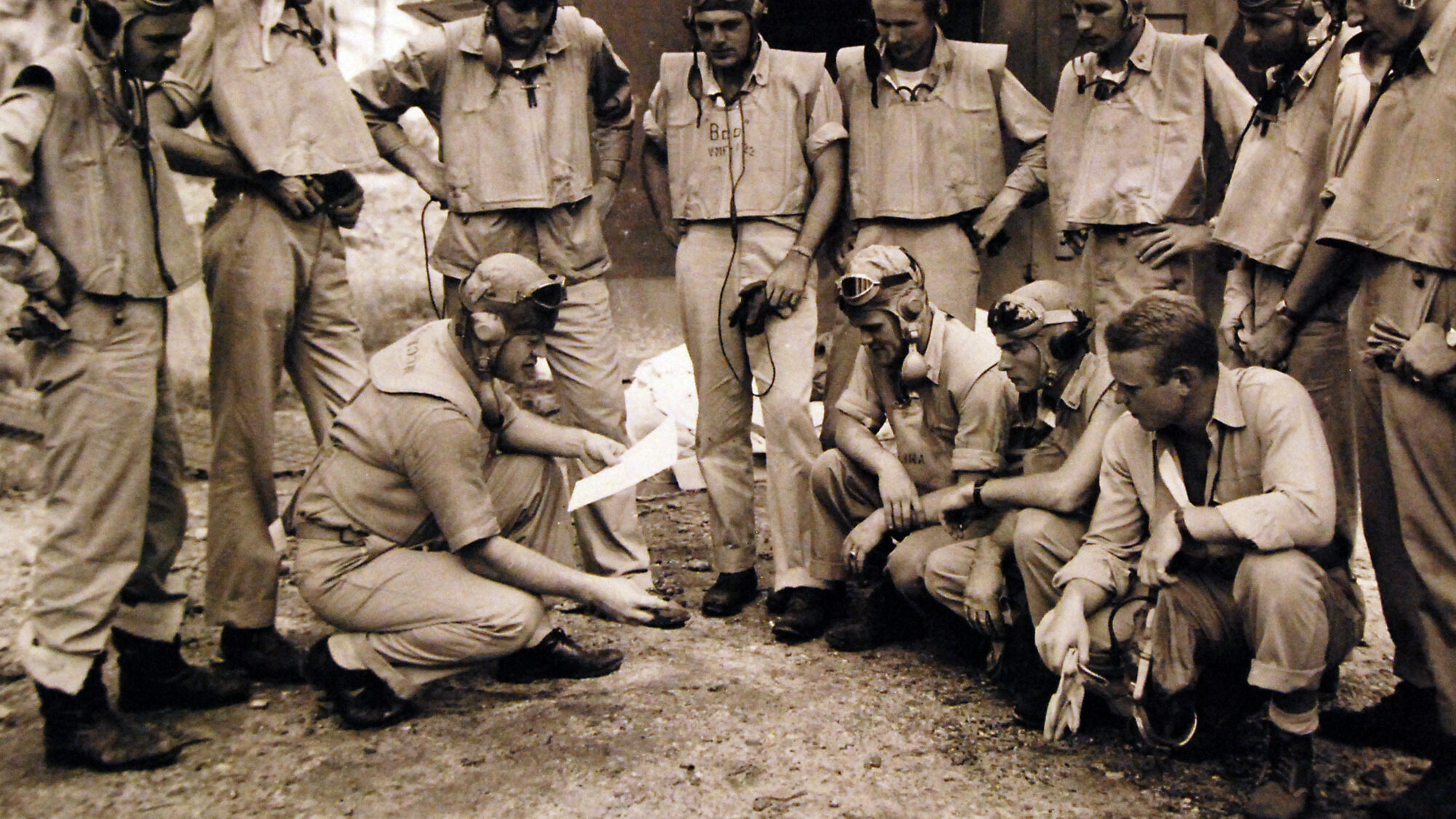
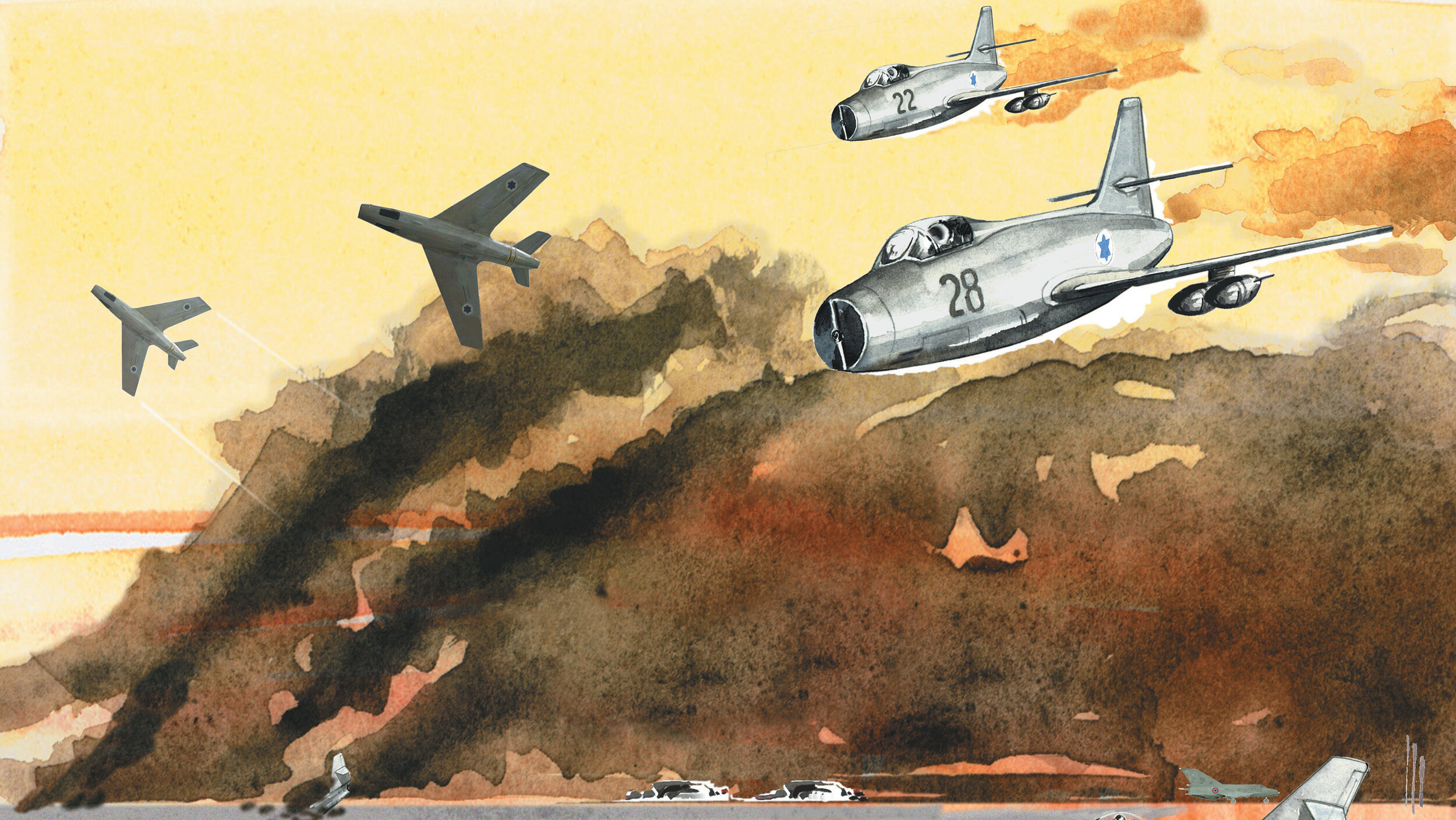
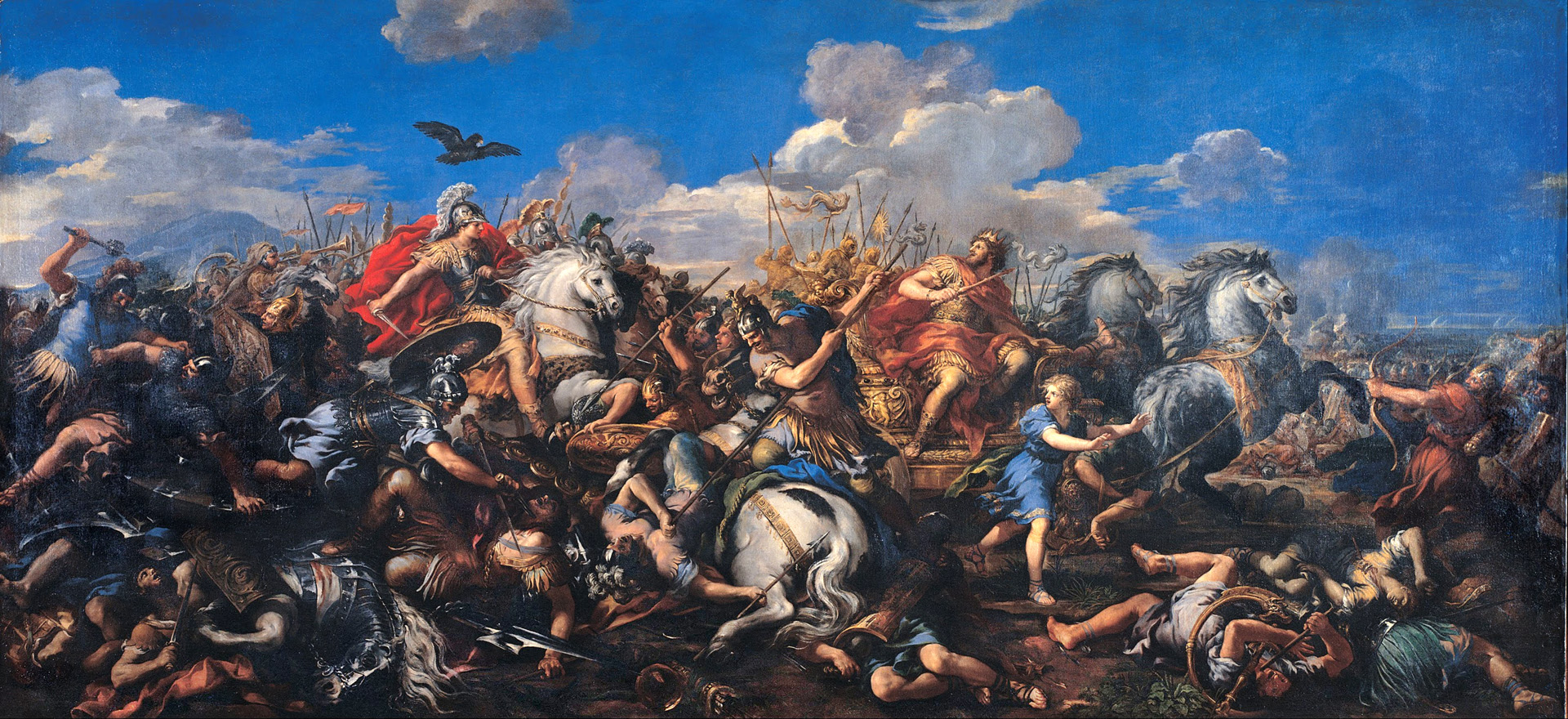
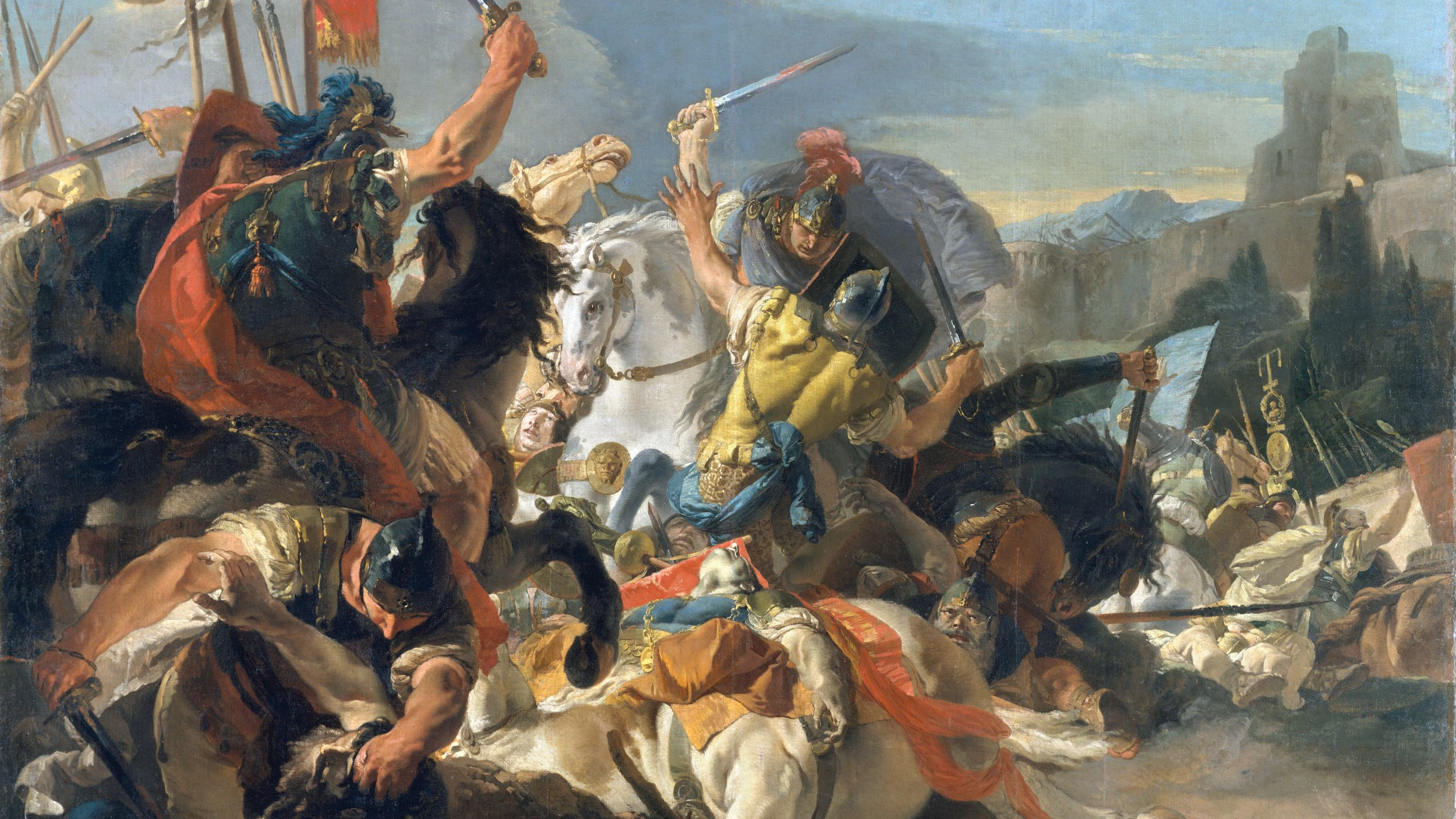
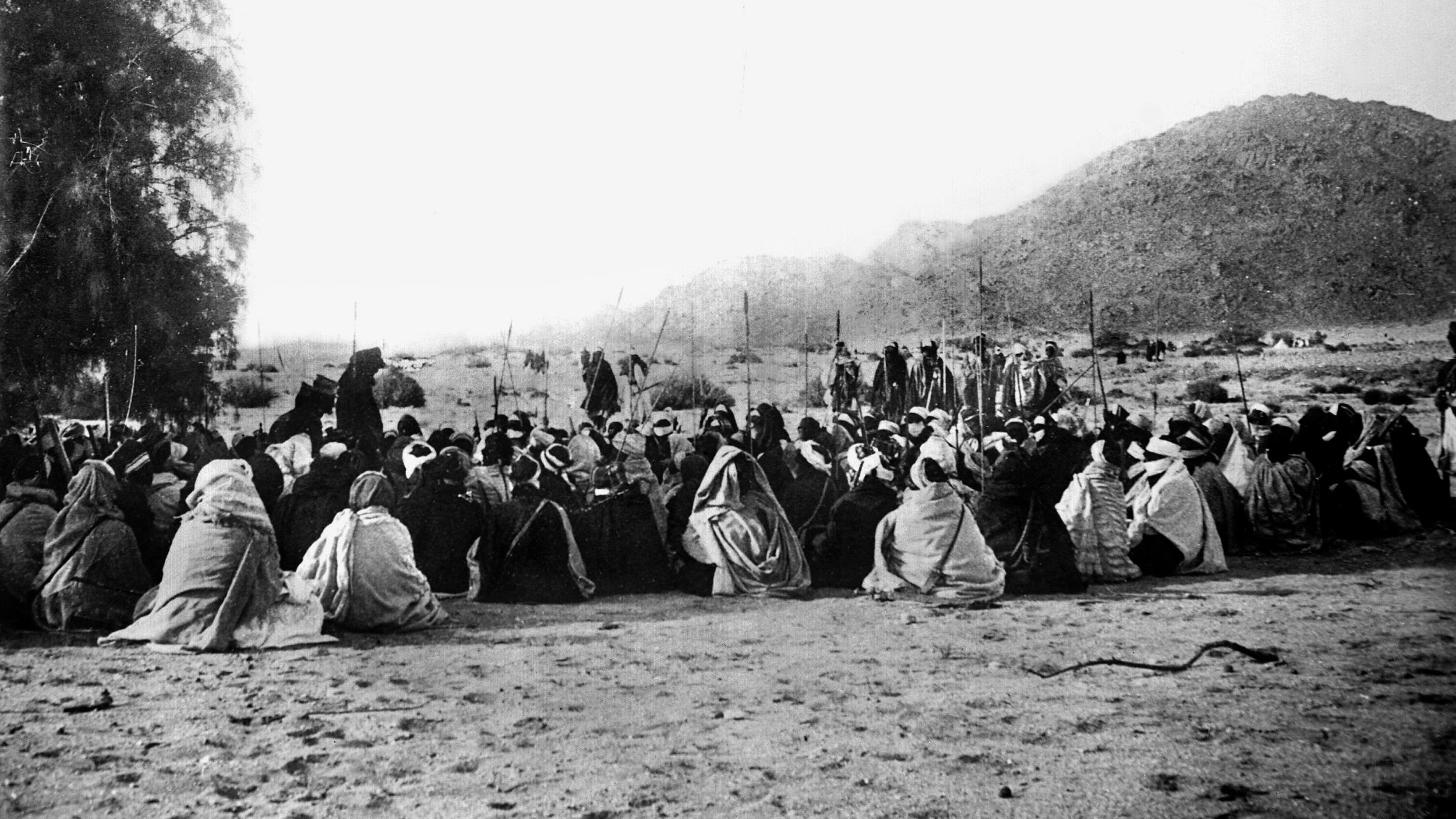
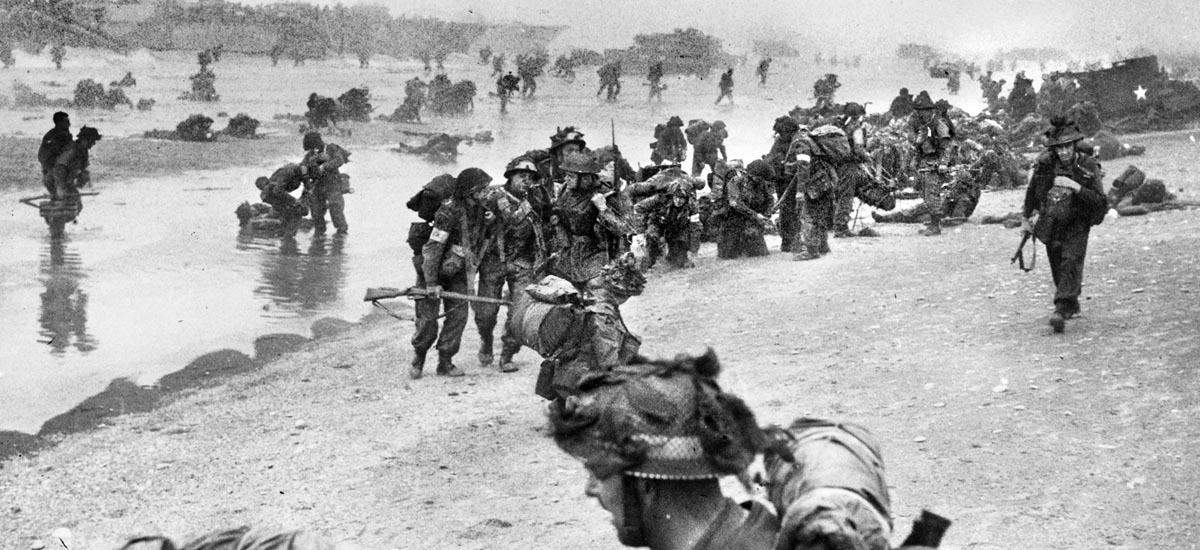
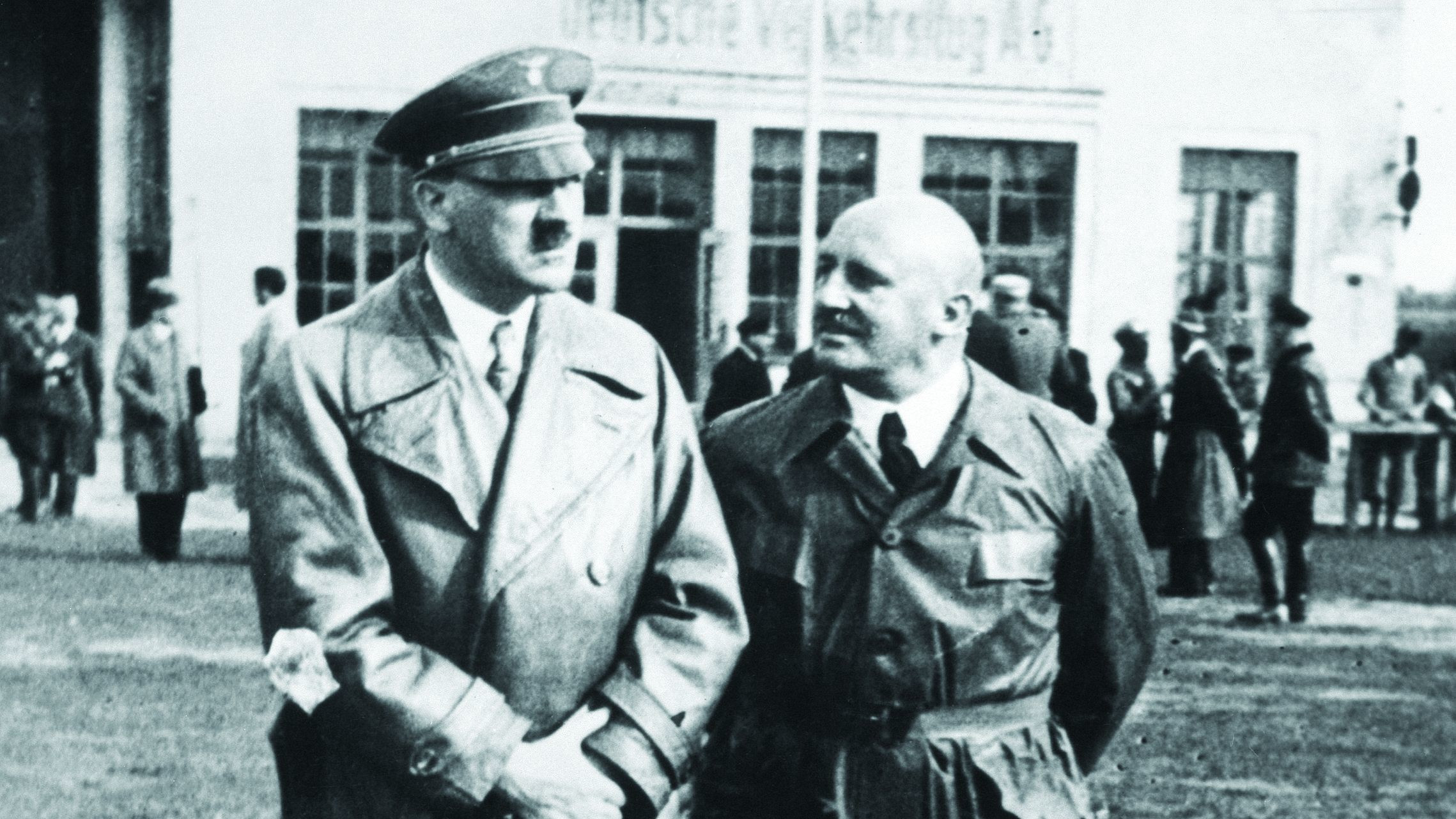
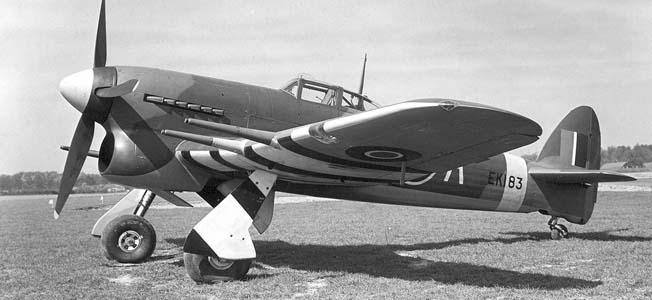
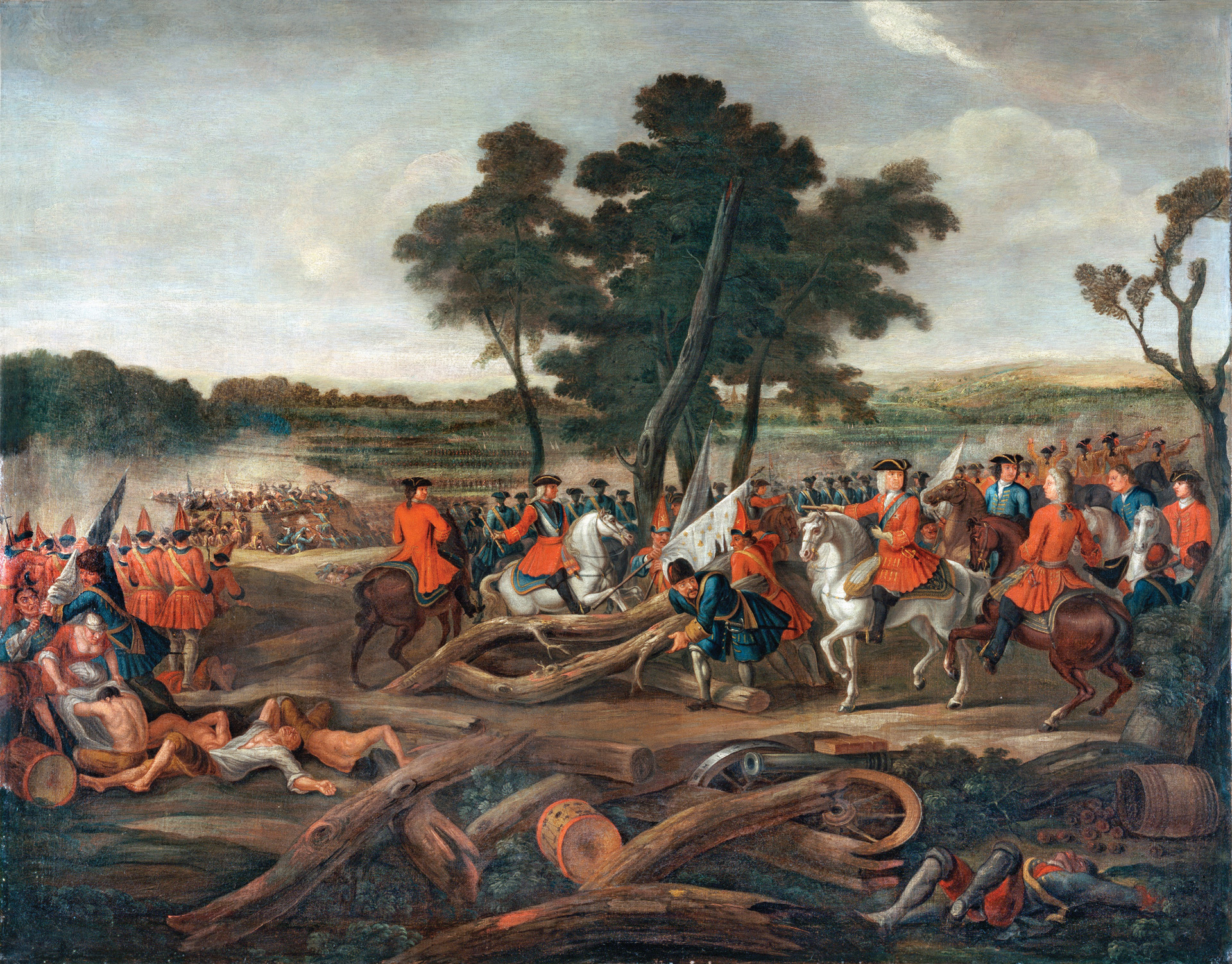
Join The Conversation
Comments
View All Comments